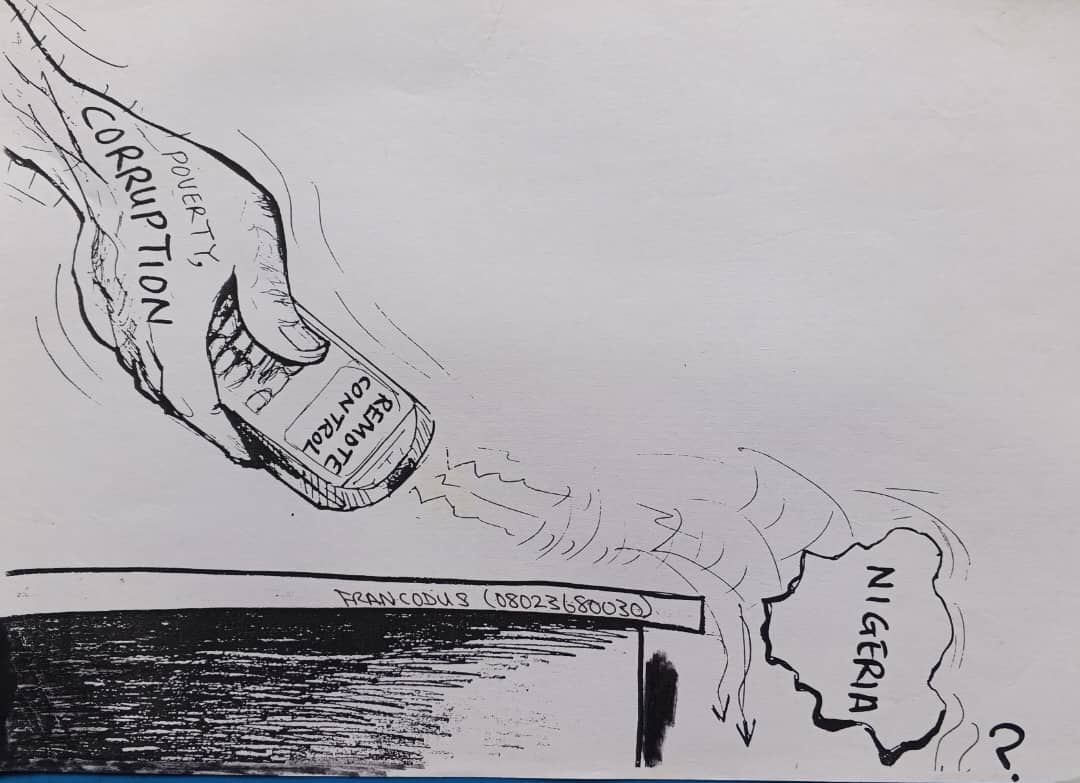In Edo State, a decisive battle is underway — not against political rivals, but against a deeply entrenched system of illegal revenue collection that has drained local economies for years. The government’s recent crackdown on revenue predators marks a critical step in restoring sanity to public transportation and market environments across Benin City and beyond.
For decades, illegal revenue agents and street-level touts have operated as shadow tax authorities, extorting money from traders, transport operators, and small businesses. These self-imposed “collectors,” often backed by powerful interests, have bled the system of legitimate revenue that should flow into government coffers.
A Costly Culture of Extortion
At the heart of this menace lies a culture of impunity — one that has normalized harassment and intimidation in the name of “ticketing.” Market women, Okada riders, and Keke operators have long borne the brunt of these illicit levies, paying multiple times daily just to operate in peace.
The ripple effects are far-reaching: stifled commerce, increased transport fares, and a deep-seated mistrust between citizens and government. In the long run, it undermines Edo’s quest for fiscal discipline and economic transparency.
Government’s Renewed Resolve
The current administration’s move to disband illegal revenue collection rings and centralize taxation through approved digital channels is a turning point. Led by the Edo State Internal Revenue Service (EIRS), the reform seeks to ensure that every naira collected is accounted for, and that genuine traders and transporters can operate without fear or exploitation.
Governor Godwin Obaseki’s stance is clear — Edo must break free from the “old order” where unregulated groups profit from chaos. Recent joint enforcement operations between the EIRS, Public Works Volunteers (PUWOV), and security agencies have already yielded significant arrests and recovery of illegal tickets.
Beyond Enforcement: The Need for Sustainability
However, enforcement alone is not enough. To sustain this crackdown, Edo State must institutionalize the gains through:
-
Digital revenue systems that minimize human contact and cash handling.
-
Public sensitization to help citizens distinguish between authorized collectors and impostors.
-
Strong prosecution frameworks to deter re-emergence of the old cartels.
-
Empowerment of legitimate trade unions, ensuring that collection rights are not abused.
Only through these systemic reforms can Edo prevent the return of what many call “revenue terrorism.”
Citizens’ Role in the New Order
Residents and business owners have a role to play. By refusing to pay illegal collectors and reporting incidents to authorities, they become active participants in defending Edo’s new financial integrity. The success of this reform depends on citizen cooperation as much as government enforcement.
Conclusion: Building a Culture of Accountability
The war against revenue predators is a war for Edo’s economic soul. It is about restoring trust, transparency, and order in how public funds are generated and managed.
As the state strengthens digital systems and expands legitimate tax collection channels, the long-term goal must remain clear — to replace chaos with structure, fear with fairness, and extortion with accountability.
If sustained, this crackdown could become a model for other Nigerian states battling similar internal leakages.


Leave a Reply